Troy Baker, star of the original The Last of Us, on Pedro Pascal’s performance as Joel, the show’s success and his own potential return to the role
Eagle-eyed fans of HBO’s current hit TV show would have spotted a familiar face this week – though he’s changed a bit.

WARNING: Spoilers for The Last of Us follow
Particularly well-versed fans of the source material for HBO’s TV series The Last of Us would have spotted a familiar face in this week’s episode.
Troy Baker, who portrayed the protagonist, Joel, in the original video game, popped up in a significant supporting role in the show’s eighth episode. Baker plays James, a top lieutenant of the episode’s chief antagonist, the paedophile (and cannibal!) David.
In the video game, Baker’s character looks nothing like him and speaks with a Texan accent, so the average fan might not have realised who they were watching this week. But Baker is so prolific and respected an actor in the gaming industry that his presence could never have escaped notice entirely.
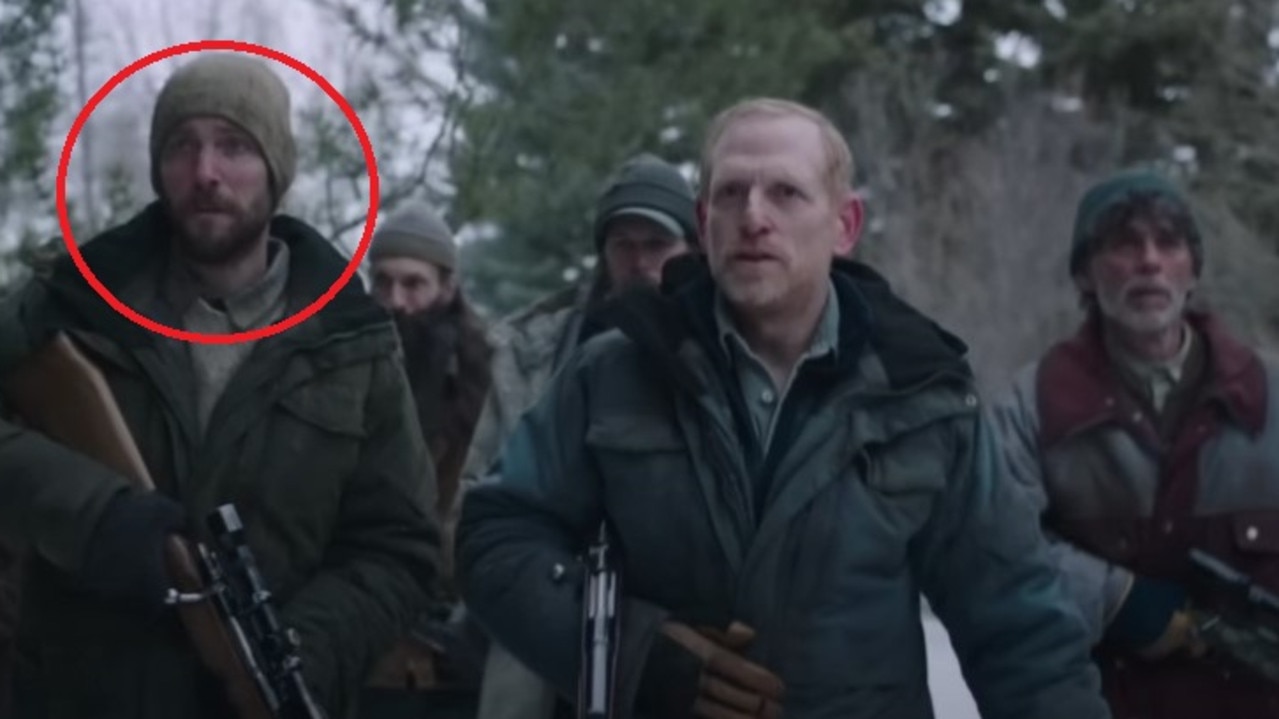
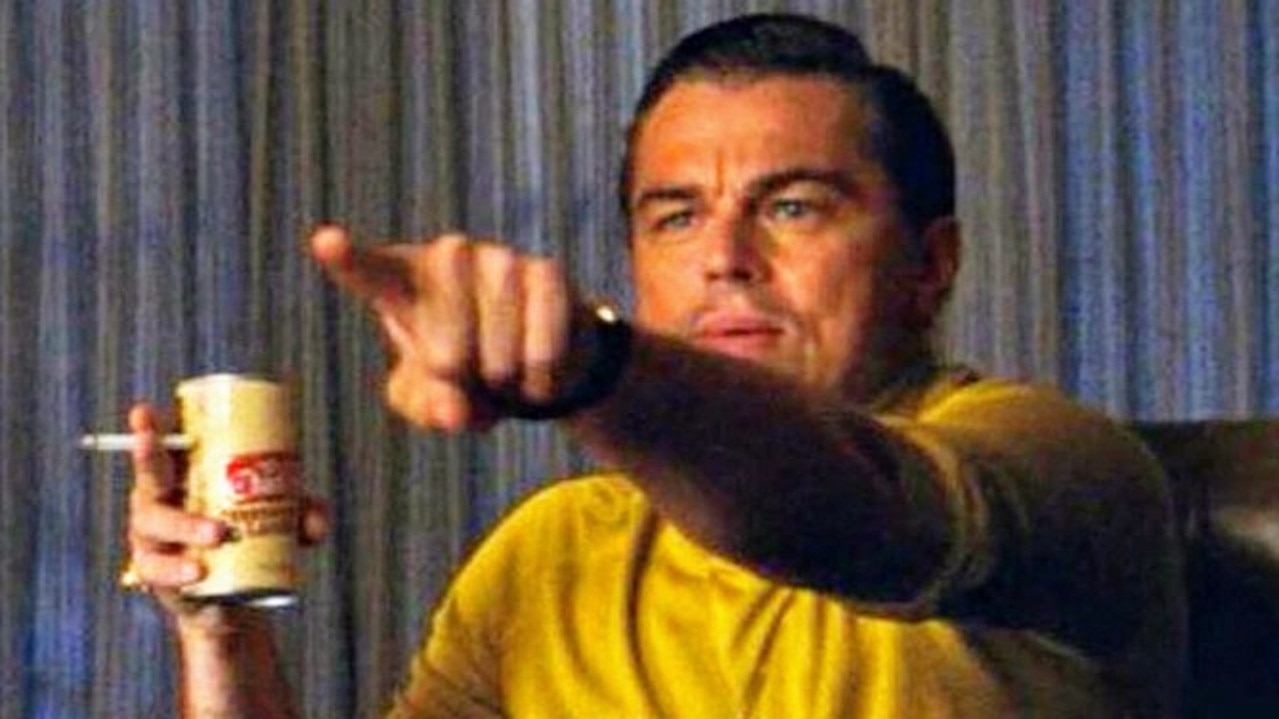
It’s a strange situation for him. This is the guy who first turned Joel into an iconic and beloved character; now he’s watching Pedro Pascal deliver his own interpretation of the role. With characteristic graciousness, Baker has nothing but praise for Pascal’s performance.
“I liken this very much to a theatre experience. I’ve had my run, I’ve done my job with this character. Now it’s somebody else’s turn,” he says.
“And now I not only get to sit back and appreciate as an observer, but then I also get to be part of this community now where we all get to be surprised by something new.
“So it has been an absolute joy over the last several weeks, watching a new version of this character present itself. And I love him just as much.”
Baker says the “one thing” he wanted when discussions about adapting The Last of Us for film or television began was for someone “to show me something different about Joel”.
“Is there something that I missed? Was there some board that I didn’t look under, some rock I didn’t turn over? What did I miss about this?” he says.
“I’ve been anxiously waiting to see what Pedro did. What does his Joel look like? And instantly he brings this physicality to it that’s inspiring. And sometimes even frustrating! Because I’m like, ‘Oh, that’s so good.’”
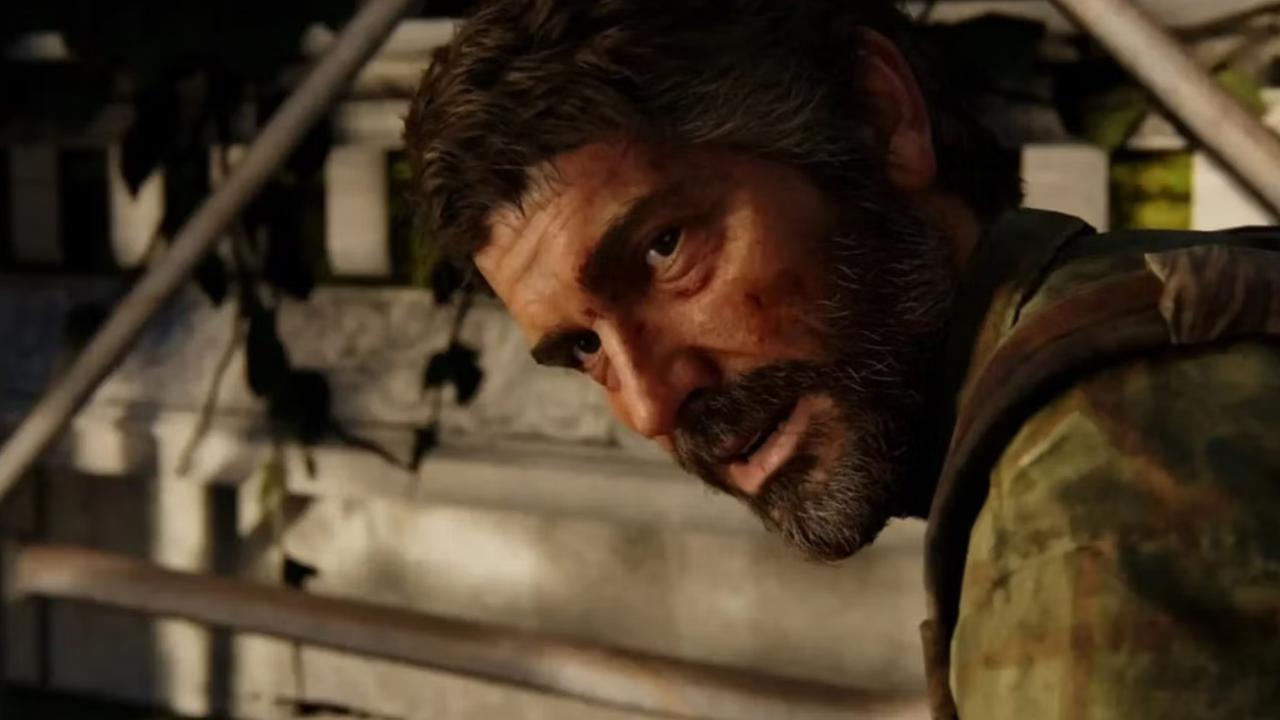
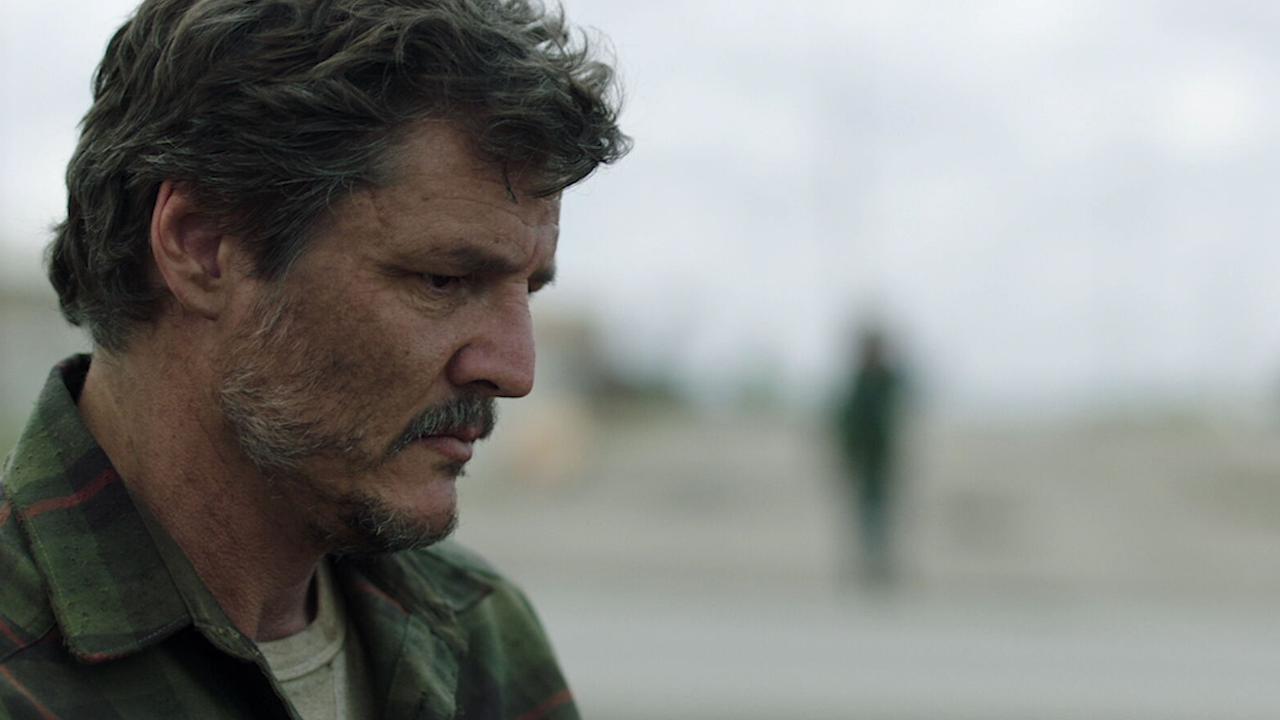
He expresses particular admiration for the vulnerability of Pascal’s performance, which is in part enabled by the shift from games to television.
Think back to the end of the first episode, when Joel fractured his hand killing a FEDRA soldier. That wound has stayed with him throughout the series. His hand is weaker, and we see him wincing with pain when he uses it.
“He brings this age to it that is persistent throughout the show. Like, his hand never heals. And when you’re playing a game, that’s going to create ludonarrative dissonance, right? You can’t have this persistent injury,” says Baker.
Ludonarrative dissonance is a common problem in game development, involving the juxtaposition of a game’s story with its sometimes contradictory gameplay. How do you make your character feel sympathetic and relatable when, during combat sequences, they are killing dozens if not hundreds of people?
In this case, the game’s version of Joel could not carry the same physical vulnerability as Pascal’s version, because it would make his feats in combat stray too far beyond plausibility. This isn’t a problem for the show, which has far fewer action scenes.
“He breaks his hand fighting that guy. And that is something that stays with him mentally, emotionally and physically throughout the show,” Baker says.
Another example: there’s a tiny but significant moment at the end of episode two when Joel recoils from his partner, Tess, as she reveals she’s been infected. Baker was so impressed by Pascal’s acting in that scene that he brought it up when they were backstage together at the Game Awards in December.
“When she shows him her mark, she just does this (Baker imitates Tess pulling down her collar), and he backs away,” says Baker.
“It was this moment of fear. What we’re seeing in the show is a vulnerable Joel. And that is something that I don’t think, if we’d portrayed that version of Joel in the game, it would have resonated with players as much. But the show is an opportunity to do that.
“So there’s this vulnerability and this physicality that Pedro brings into the role that is really, really inspiring and compelling to watch.”
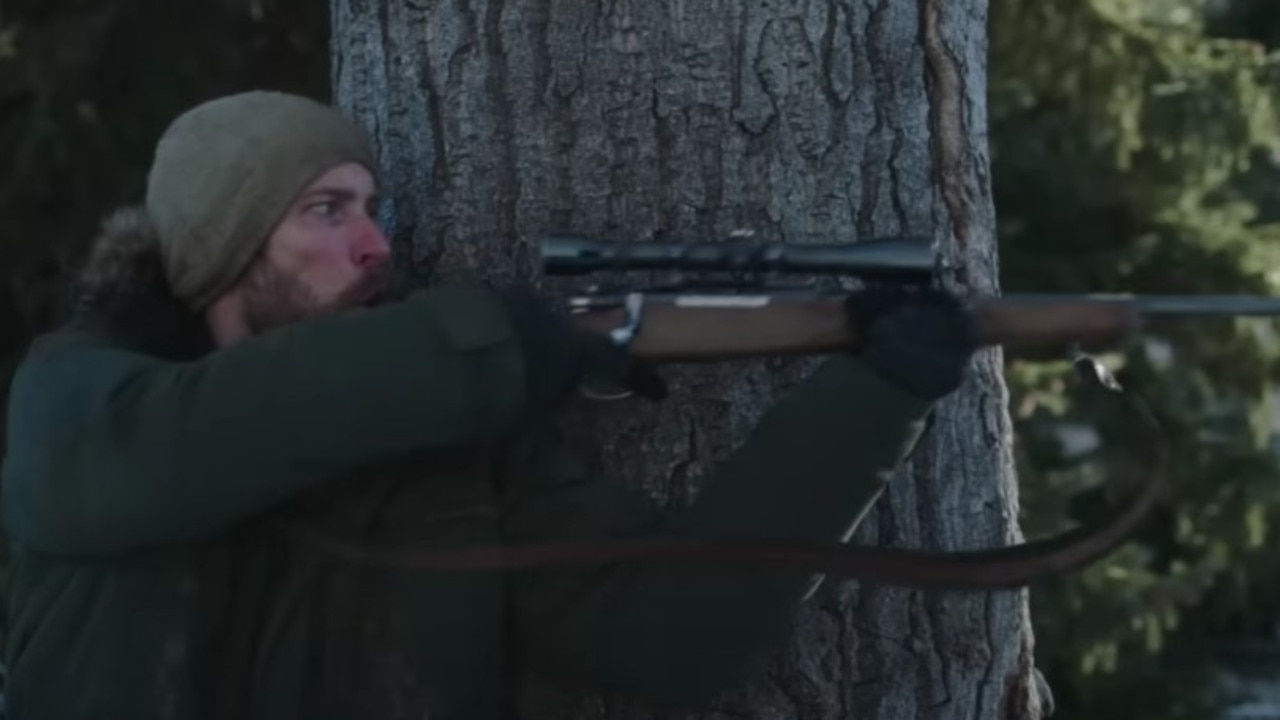
As someone who has been such an integral part of The Last of Us since its inception, Baker is well placed to provide insight into its strength as an adaptation.
(Should you want a greater dose of that insight, he hosts HBO’s official weekly podcast, in which the show’s creators Craig Mazin and Neil Druckmann speak about each episode. It is well worth a listen.)
Before The Last of Us, Mazin was best known for writing the critically acclaimed miniseries Chernobyl. Druckmann was creative director on the original game and its sequel, The Last of Us Part II, whose plot will be covered in subsequent seasons of the show.
“I really give credit to Neil,” Baker says when asked about the show’s success. It’s been a hit with both critics (96 per cent on Rotten Tomatoes) and the audience (strong viewership which rose steadily across the first half of the season and has by some metrics outpaced HBO’s other recent headliner, House of the Dragon).
“(Neil’s) commitment was ‘simple story, complex characters’. And when you’re creating a new IP, there’s this temptation to create lore, and you have this big world. At the end of the day, this story is about the love between a father and a daughter, and how terrifying that is, and what that love looks like in the hellish landscape of a post-apocalyptic world.
“That’s something that, regardless of whether there’s infected, or FEDRA, it’s something that anyone can relate to. Because it’s adversity, and what happens when love meets that head on. That’s why this story has resonated with people.”
Baker also believes the adaptation has worked so well because of its determination to “enrich” the original story instead of merely “recreating” it.
“There is a commitment to philosophically telling the story in a novel way, but never, never deviating from what the core foundation of the story is,” he explains.
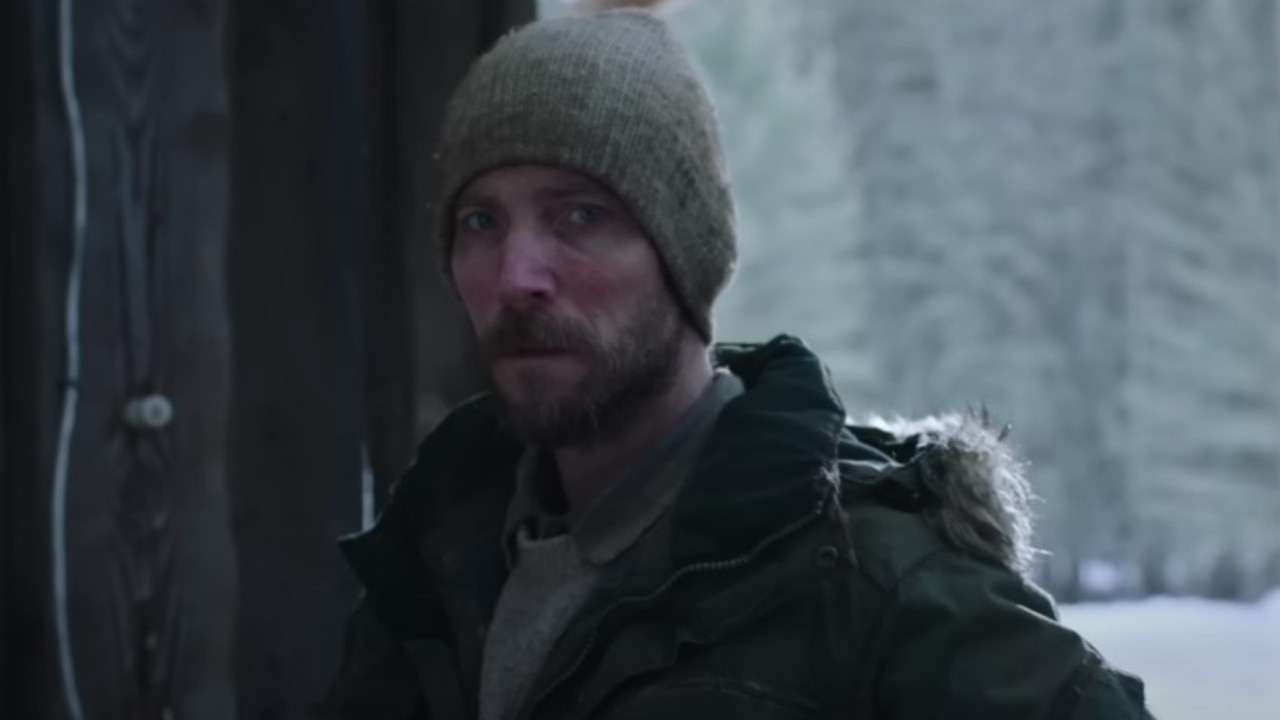
Baker describes his turn as Joel in The Last of Us as “the greatest and most surprising role” of his career. It’s one to which he may ultimately return.
While Part II could feasibly mark the end of the franchise, Druckmann has indicated he might be willing to create another instalment, should the right story present itself.
“What I have learned is that, for the most part, Neil has far better ideas than I do. So any idea, any story that I could come up with, is instantly going to be trumped by him and Craig,” Baker jokes.
“As the leaders if this thing, if they ever asked me to suit up again, or in any way to be a part of this franchise, you can count on me being there on day one.”
New episodes of The Last of Us air on Mondays on Binge






